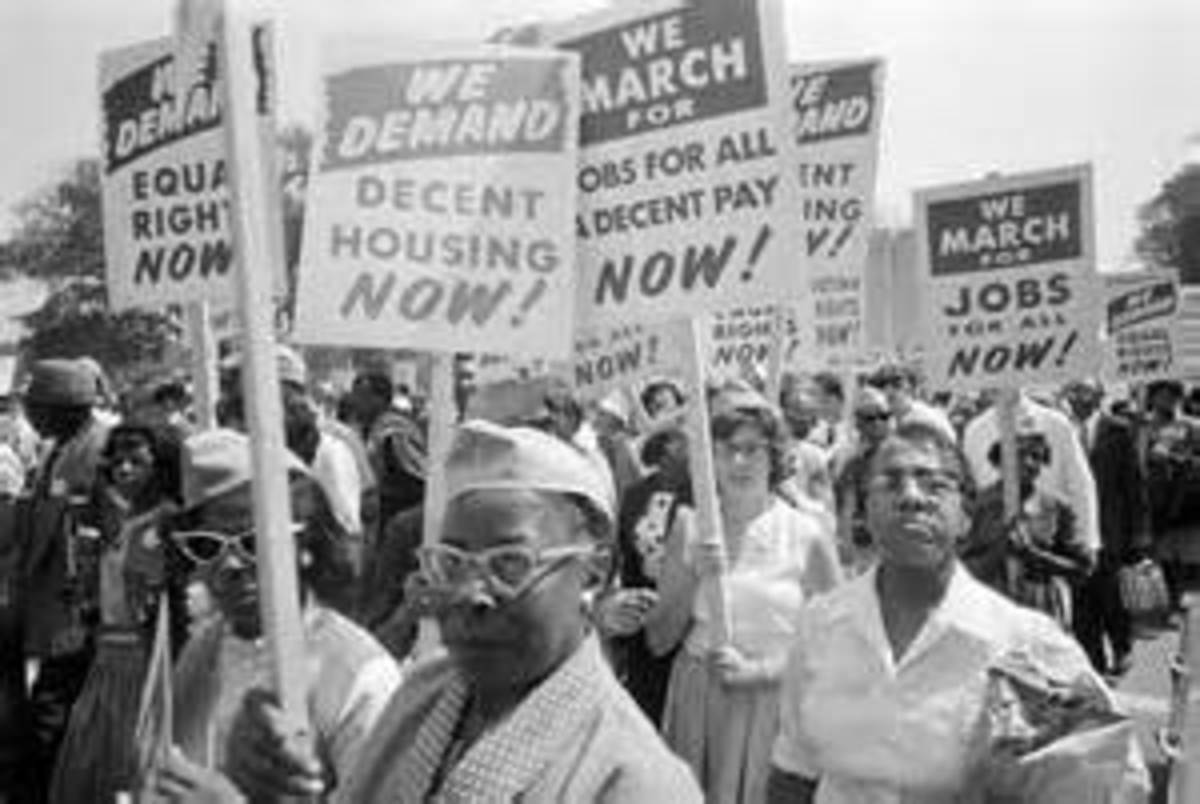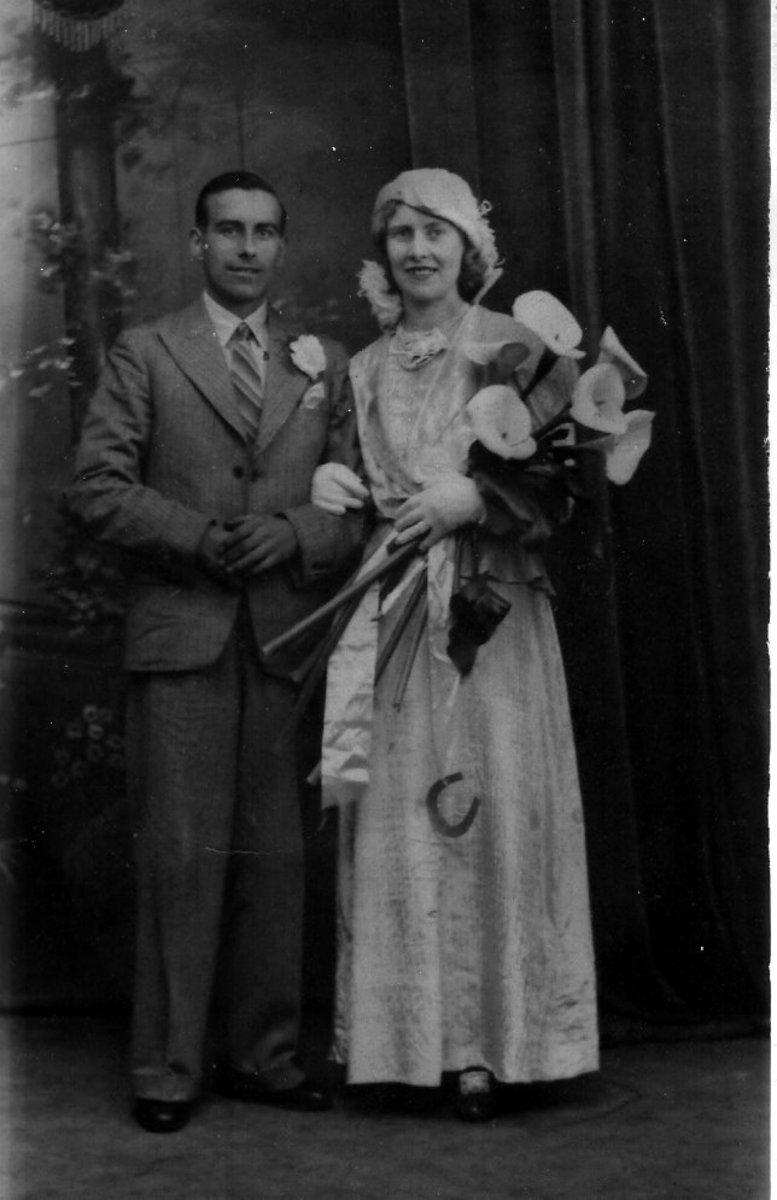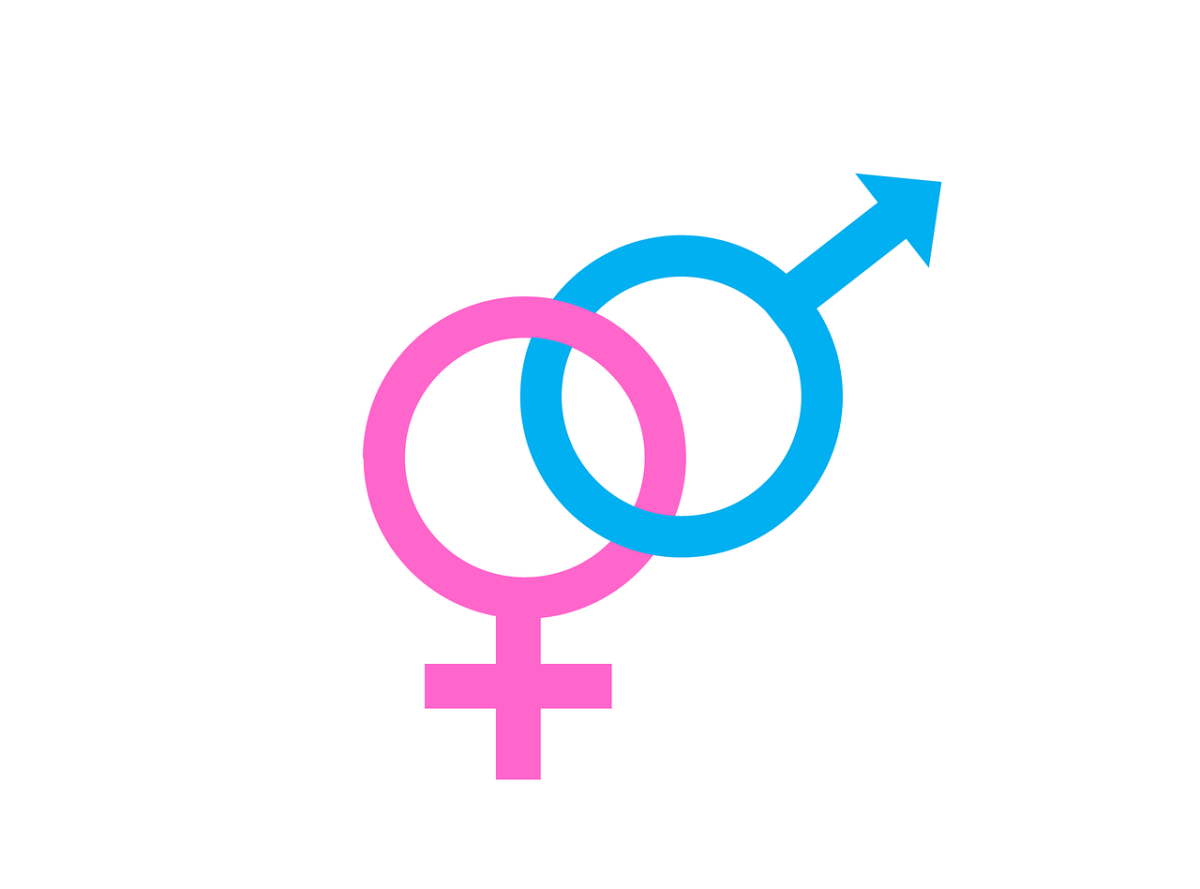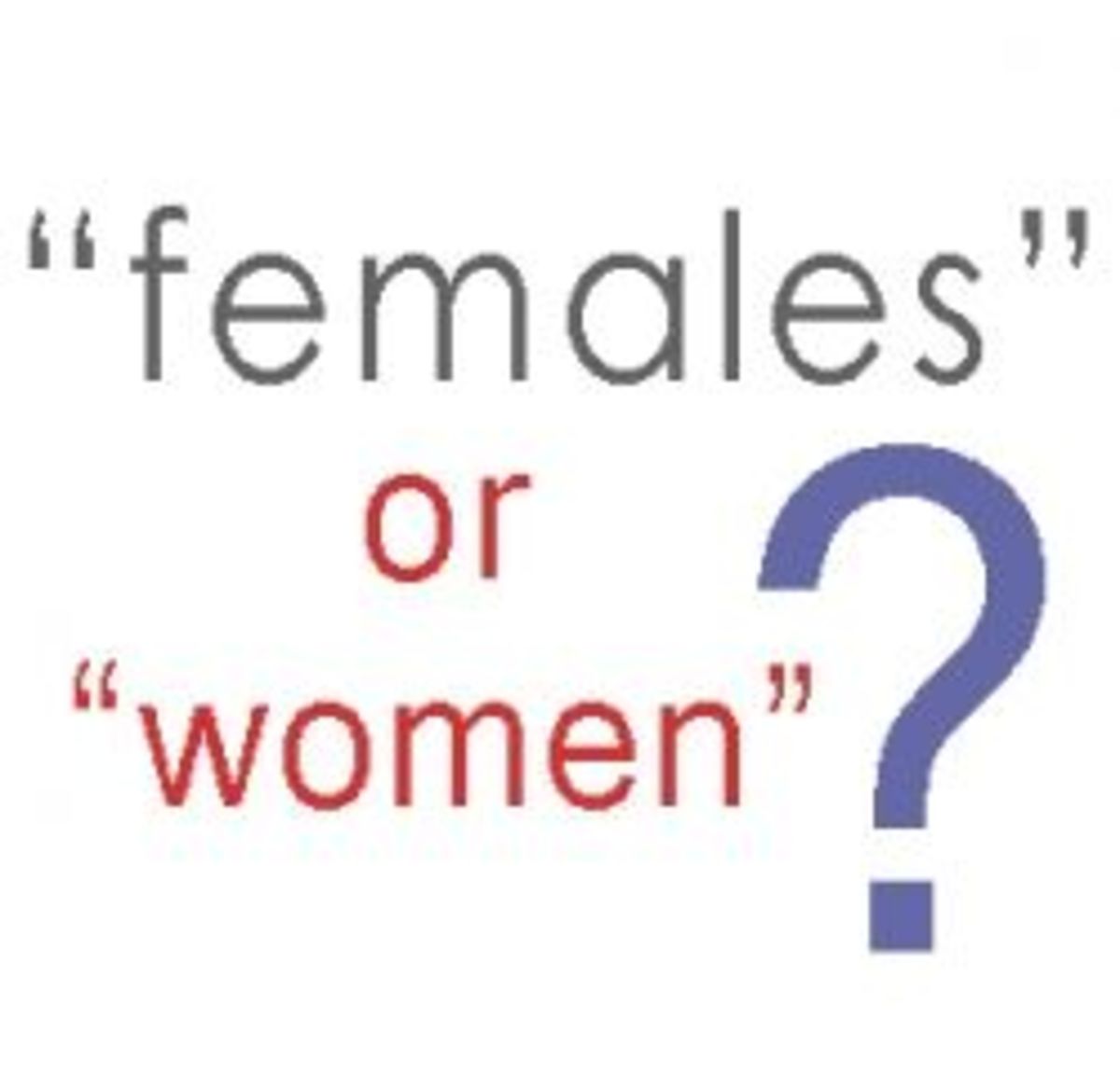Timeline of Women in Politics During the 18th & 19th Centuries
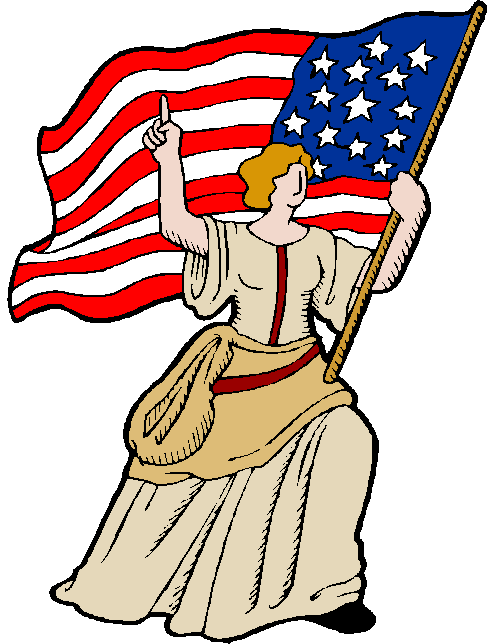
March is National Women's History Month
Take a few minutes to acknowledge all of the great political achievements for both women and men in women's political history in the United States.
1848: The first women's rights convention was held in Seneca Falls, New York. After spending two days full of discussion and debate, 68 women and 32 men signed a Declaration of Sentiments. This document outlined grievances and set an agenda for the women's rights movement. They adopted a set of 12 resolutions calling for the equal treatment of both women and men under the law and voting rights for women.
1893: Colorado became the first state to adopt an amendment that granted women the right to vote. Utah and Idaho followed suit in 1896; Washington State in 1910; California in 1911; Oregon, Kansas, and Arizona in 1912; Alaska and Illinois in 1913; Montana and Nevada in 1914; New York in 1917; Michigan, South Dakota, and Oklahoma in 1918.
1896: The National Association of Colored Women formed and joined together over 100 black women's clubs. Leaders in this movement included Josephine St. Pierre Ruffin, Mary Church Terrell, and Anna Julia Cooper.
1920: The Women's Bureau of the Department of Labor was formed with the mission to collect information about women in the workforce, as well as safeguarding good working conditions for women.
The 19th Amendment to the Constitution, which granted women the right to vote, was signed into law by Secretary of State Bainbridge Colby.
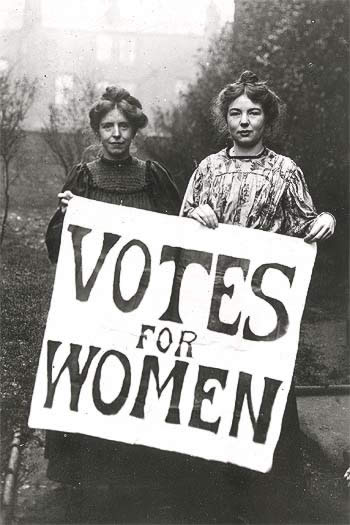
1921: Margaret Sanger founded the American Birth Control League. In 1942, this evolved into the Planned Parenthood Federation of America.
1935: Mary McLeod Bethune organized the National Council of Negro Women, a coalition of black women's groups that lobbies against job discrimination, racism, and sexism.
1936: The federal law prohibiting the dissemination of contraceptive information through the mail was modified. Birth control information was no longer classified as obscene. Birth control advocates were engaged in several legal suits throughout the 1940s and 1950s.
1955: The Daughters of Bilitis (DOB), the first lesbian organization in the United States, was founded. DOB originated as a social group, but developed into a political organization focused on gaining basic acceptance for lesbians in the United States.
1960: The Food and Drug Administration approved birth control pills.
1963: Betty Friedan published her influential book The Feminine Mystique. The book described the dissatisfaction felt by middle-class American housewives with the role society imposed upon them. The book became a best-seller.
Congress passed the Equal Pay Act, which made it illegal for employers to pay women less than what men would receive for doing the same job.
1964: Title VII of the Civil Rights Act barred discrimination in employment on the basis of race and sex. At the same time, it created the Equal Employment Opportunity Commission (EEOC) to investigate and handle complaints.
1966: The National Organization for Women (NOW) was founded by a group of feminists. NOW seeks to end sexual discrimination, especially in the workplace, by means of legislative lobbying, litigation, and public demonstrations.
1971:Ms. Magazine was first published as a sample insert in New York magazine. An amazing 300,000 copies were sold out in eight days. The first regular issue was published in July of 1972. The magazine ended up becoming a major forum for feminist voices. Cofounder and editor, Gloria Steinem, became an icon of the modern feminist movement.
1972: Congress passed the Equal Rights Amendment (ERA), sending it to the states for ratification. Originally drafted by Alice Paul in 1923, the amendment reads: "Equality of rights under the law shall not be denied or abridged by the United States or by any State on account of sex." The amendment died in 1982 when it failed to achieve ratification by a minimum of 38 states.
1973: As a result of Roe v. Wade, the Supreme Court established a woman's right to safe and legal abortion. This overrode the anti-abortion laws of many states.
1978: The Pregnancy Discrimination Act banned employment discrimination against pregnant women. This act protected women from being fired or denied jobs or promotions because she is or may become pregnant.
1980: The Minnesota Supreme Court handed down a landmark decision in the case of Continental Can v. Minnesota, which held that an employer can be considered responsible for sexual harassment of female employees by male co-workers.
The Reverend Marjorie S. Matthew was elected as a bishop of the United Methodist Church. She became the nation's first woman to sit on the governing body of a major religious denomination.
1981: At the request of women's organizations, President Carter proclaimed the first "National Women's History Week," incorporating March 8, International Women's Day.
Sandra Day O'Connor became the first woman ever appointed to the U.S. Supreme Court.
1993: Women held a record number of positions in both state and federal government.
1994: The Violence Against Women Act tightened federal penalties for sex offenders, funds services for victims of rape and domestic violence, and provided for special training of police officers.

